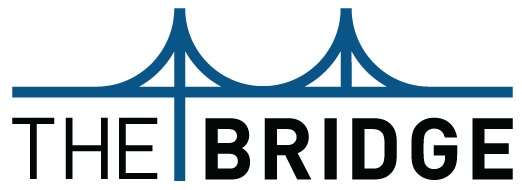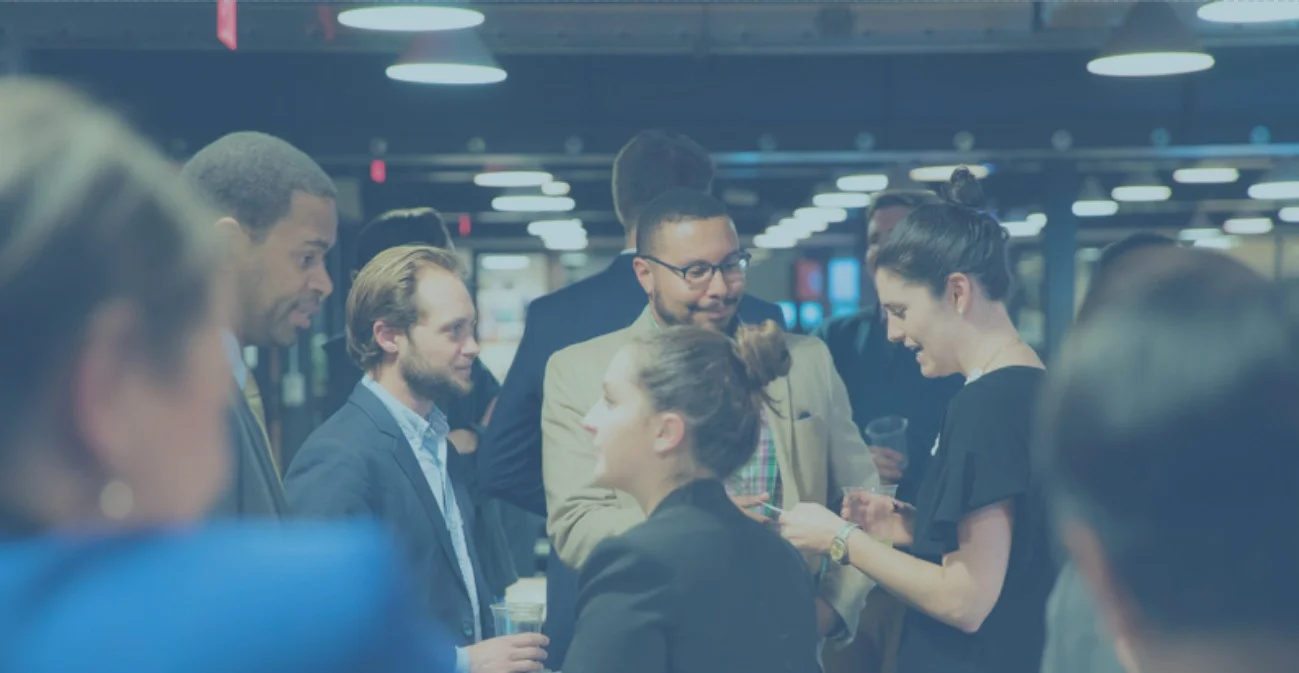TheBridge profile: Dewey Murdick
Name: Dewey Murdick
Current city: Washington, DC
Current job: Executive Director, Center for Security and Emerging Technology, Georgetown University
Past job: Director of Science Analytics, Chan Zuckerberg Initiative
Q. How are you currently bridging the gap between innovation and regulation? The Center for Security and Emerging Technology conducts in-depth research on emerging technologies, particularly focusing on AI and cybersecurity. This research helps in understanding the current state of technology, its potential trajectory, and the implications for security, policy, and society. By providing empirical evidence and comprehensive analysis, CSET informs policymakers about the nuances of technological advancements.
Q. Job advice in three words? Curiosity, integrity, and perseverance.
Q. What can innovators learn from policymakers? Innovators can learn valuable lessons from policymakers, particularly in areas such as understanding regulatory frameworks, emphasizing ethical considerations, and engaging with diverse stakeholders, which are key elements of the democratic process. Additionally, skills in effective communication, long-term thinking, risk management, and adaptability to change are crucial. These insights, which are integral to my work at CSET, help ensure that technological innovations align with societal needs.
Q. What can policymakers learn from innovators? Policymakers can learn from innovators the importance of agility, creative problem-solving, and a deep understanding of technological capabilities and limitations. Embracing risk-taking, fostering collaborative ecosystems, and maintaining a user-centric focus are also key. These lessons, integral to my work at CSET, can lead to more dynamic, informed, and effective policy-making in fields like AI and cybersecurity. See for example the Policy Playbook.
Q. Can you describe a skill you have carried throughout your career that has always proved to be valuable? I have found it invaluable to identify and engage with thoughtful individuals in each of the new industries I've entered. I prioritize asking questions and then actively listening to these individuals' responses. This process not only ensures I grasp the nuances of their perspectives but also fosters a deeper understanding and more meaningful discussions that help me learn what questions I should ask. Such interactions have been crucial in navigating complex issues, particularly in fields like AI and cybersecurity, where nuanced and intricate details significantly impact decision-making and strategy development.
Q. What is the best job interview question you have ever been asked? If you succeed, what difference will it make and why should we care?
Q. Favorite spot for a coffee meeting? Shops near my office
Q. Favorite books you recommend? Invisible Women: Data Bias in a World Designed for Men by Caroline Criado Perez and Other Minds: The Octopus, the Sea, and the Deep Origins of Consciousness by Peter Godfrey-Smith
Q. Why are you part of TheBridge community? Why do you think it's important this community exists for professionals at the intersection of innovation, regulation, and society? The world needs dialogue and collaboration between tech, government, policy, and R&D sectors. This vital nexus is essential for aligning technological advances with societal needs, fostering mutual understanding among diverse professionals.
Q. Each day is probably different, but are there certain skills you think are essential to your job? It is critically important to actively listen to others and seek to understand their perspectives and to do so from a point of curiosity. I find that this curiosity is key throughout my work and results in being open to new ideas, asking questions, and seeking to learn and improve. Integrity is another cornerstone; it's vital to not only act with honesty but also to regularly reflect on ethical considerations in my personal decision-making. Lastly, perseverance is essential. The nature of my work often involves tackling tough challenges and navigating uncertainties, so the determination to persist and adapt is what often leads to breakthroughs and progress.
Q. What's one piece of advice you are still trying to master? You need to balance your work life and your personal life.
Q. Most underrated virtue in an employee? The productive mix of the abilities to actively listen, be respectful, and demonstrate kindness.
Q. How do you unwind after work? I unwind by running 3-5 miles.
Q. Morning routine? Get clean, get physical food, get spiritual food, get outside and walk toward work.


